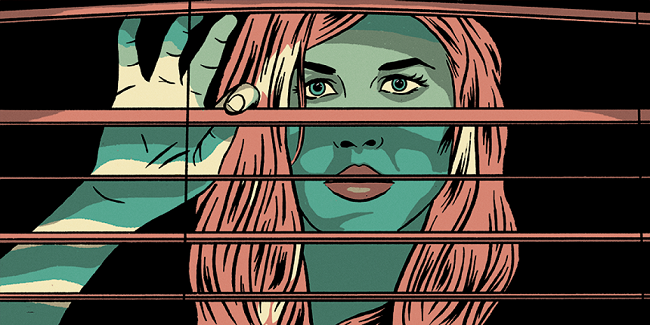Governors and mayors around the country have been urging residents to stay indoors in an effort to slow the spread of coronaviruses. When it comes to choose a book to read, it’s not hard to come across a list of books concerning disease outbreaks, solitude, and a simpler way of life. This combination of themes is much more difficult to come by.
The essayist, poet, and philosopher Henry David Thoreau’s 1854 account of his time living “alone” in the woods outside Concord, Massachusetts, “Walden,” which I have written about three times, is one that I highly recommend. When I say Thoreau was “alone,” I mean he had more company at Walden than he did in town and regularly performed social theatre for onlookers on the route.

Environmental Activism in the Twenty-First Century
Walden, which has been published in over 1,000 editions and translated into dozens of languages, serves as the inspiration for environmental activism, a philosophical treatise on self-reliance, and a significant volume in the American literary tradition. According to John Updike, in the cultural rebirth of the mid-19th century, Thoreau’s masterpiece “contributed most to America’s present sense of itself” yet “risks being as beloved and unread as the Bible,” in his introduction to Princeton’s version.
Reading or rereading “Walden” is a great way to lift your spirits amid difficult circumstances because it’s full of optimism and peppered with humour. By writing in the first person, Thoreau becomes a friend to you.
The Truth is Within us.
Many readers may be adjusting to a life of solitude as governments require social isolation in order to safeguard public health. Thoreau spends an entire chapter to it, emphasising the virtues of coming to know oneself on a deeply personal level.
How could he possibly feel alone since our planet is a part of the Milky Way? He writes, “My greatest skill has been to want but little,” in another place, to clarify the difference between what we need and what we think we need.
Read Also:
- Do We have School on Inauguration Day
- Attacker is Fatally Beaten and Stabbed By Victims Mother
- What is Chauvin Writing During His Trial
Last Words
“Walden” does not necessitate a straight-through reading experience like that of a book. After having had enough of human society and talk and having tired out all my hamlet pals, I rambled still farther westward than I typically reside…”, I recommend starting over with “The Ponds” for readers who have previously given up on it. With water as its spiritual core, Thoreau then withdraws from the senseless distractions of community life.
Re-read “Where I Lived and What I Lived For” from earlier in the book. Toward the end of the book, Thoreau asks readers to descend from the superficial shallows of their social lives to the solid depths of their own existence:









































